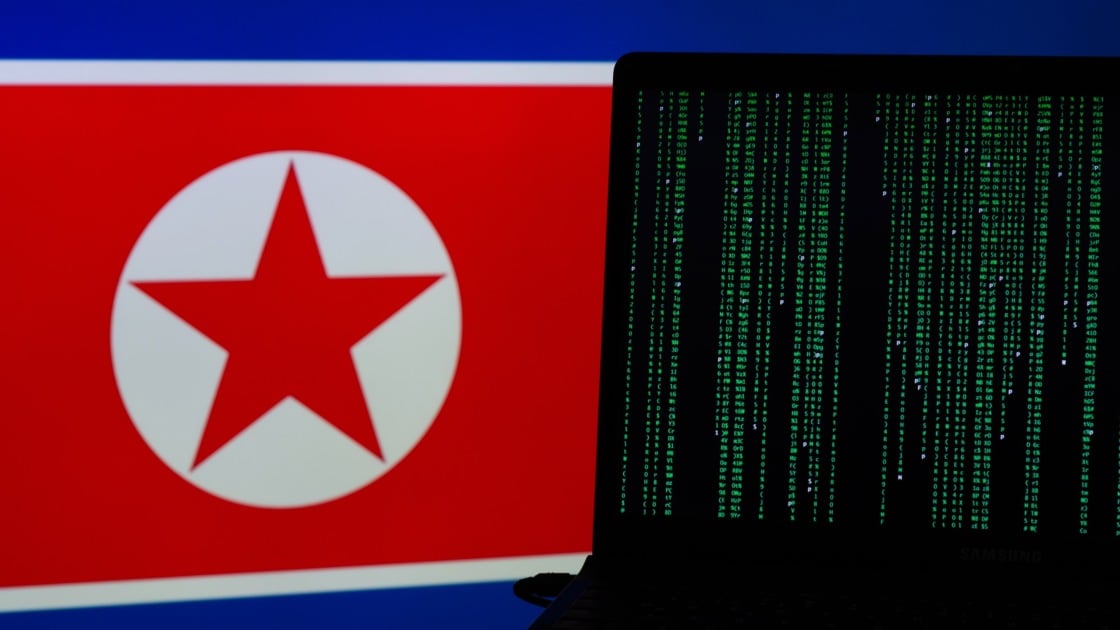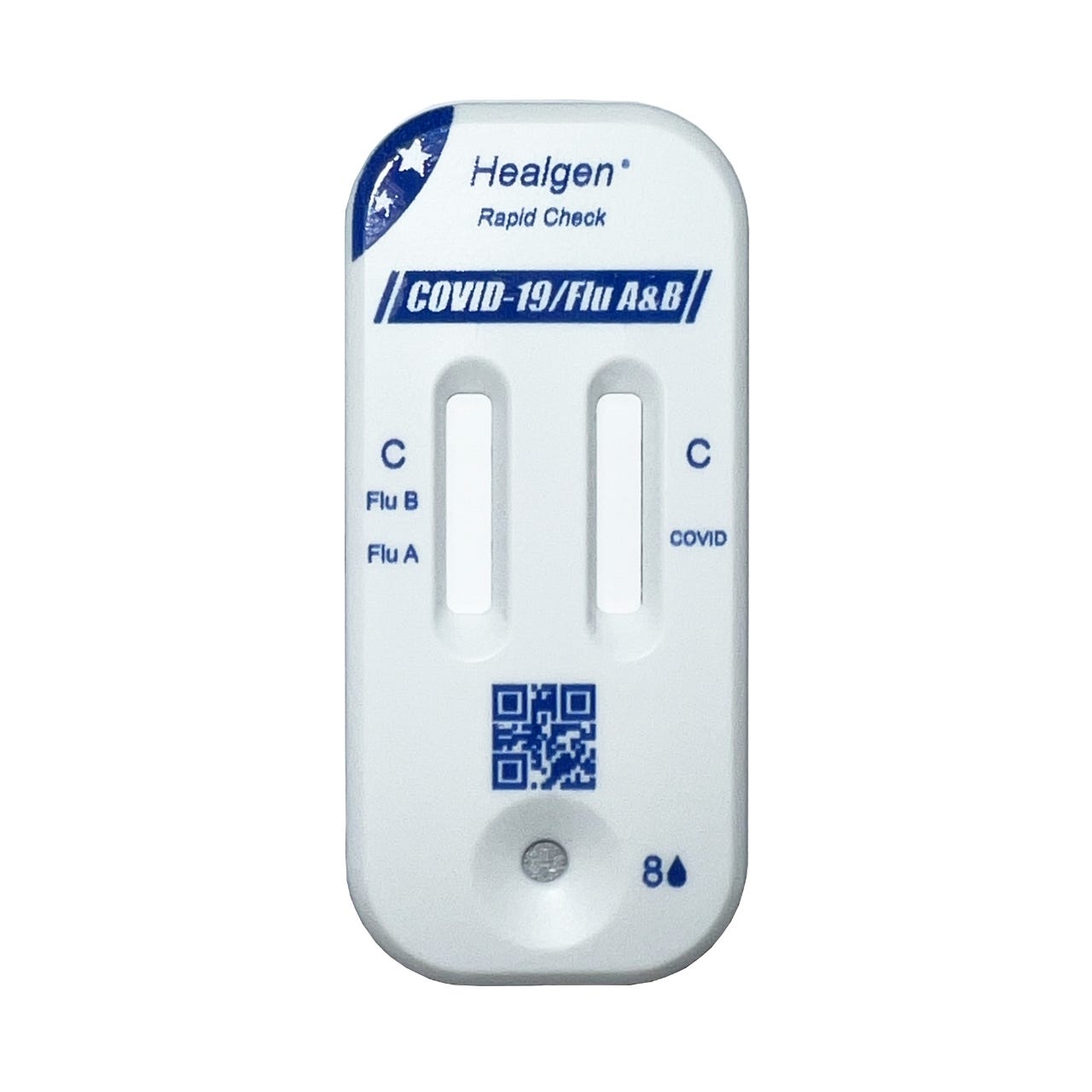How North Korean Actors Exploit U.S. Remote Work Opportunities

Table of Contents
Common Tactics Employed by North Korean Actors Targeting Remote Workers
North Korean actors are known for their advanced cyber capabilities and relentless pursuit of valuable data. Their tactics against remote workers are often sophisticated and multi-pronged, leveraging a combination of techniques to maximize their chances of success. These include:
-
Phishing and Spear Phishing: These remain highly effective entry points. North Korean actors craft highly convincing phishing emails, often personalized with details gleaned from publicly available information, to trick employees into revealing credentials or downloading malware. Spear phishing campaigns target specific individuals or organizations, increasing the likelihood of success. These attacks frequently mimic legitimate communications from superiors, clients, or trusted vendors.
-
Malware Deployment: Once initial access is gained, various malware strains are deployed. These can range from simple keyloggers to highly sophisticated tools designed to steal data, disrupt operations, or encrypt systems for ransom (ransomware attacks). Often, this malware is custom-built for specific targets, demonstrating a high level of resourcefulness and technical expertise.
-
Social Engineering: Beyond phishing, social engineering remains a potent weapon. Actors manipulate individuals into divulging confidential information through deceptive tactics such as impersonating colleagues, IT support staff, or even government officials. This often involves building rapport and exploiting trust to gain access to sensitive systems or data.
-
Exploiting Software Vulnerabilities: North Korean actors actively scan for and exploit known vulnerabilities in widely used software applications, many of which are accessed remotely by employees. Failing to patch software regularly creates significant openings for these attacks.
-
Supply Chain Attacks: Targeting third-party vendors or software supply chains provides a backdoor into numerous organizations simultaneously. Compromising a trusted supplier allows attackers to deploy malware or gain access to multiple clients' networks through a single point of entry. This represents a particularly insidious and difficult-to-detect form of cyber espionage.
High-Value Targets for North Korean Cyber Espionage via Remote Work
The targets of North Korean cyber espionage campaigns are often driven by financial gain or strategic intelligence gathering. Remote work environments provide convenient access to valuable assets, making these targets particularly vulnerable.
-
Intellectual Property Theft: Companies in the technology, defense, and pharmaceutical sectors are prime targets due to their possession of valuable intellectual property. Remote workers, often possessing access to sensitive projects and data, become easy entry points for data exfiltration.
-
Financial Institutions: Banks and other financial institutions are frequently targeted for data breaches and fraudulent transactions. Exploiting vulnerabilities in remote access systems facilitates the theft of financial information and the execution of sophisticated financial crimes.
-
Defense Contractors and Government Agencies: Access to sensitive government data and defense technology is a major objective for North Korean actors. Compromising remote employees with security clearances can yield substantial intelligence gains.
-
Healthcare Data: The high value and sensitive nature of healthcare data, including patient records and medical research, makes it an attractive target for both financial and strategic gain. Breaches impacting healthcare organizations can have severe consequences for both individuals and institutions.
Mitigating the Risks: Best Practices for Remote Work Security
Protecting against North Korean cyberattacks targeting remote workers demands a multi-layered approach focusing on preventative measures, proactive monitoring, and incident response capabilities.
-
Implement Multi-Factor Authentication (MFA): MFA significantly reduces the risk of unauthorized access, even if credentials are compromised. Requiring multiple authentication factors dramatically increases security for remote access systems.
-
Robust Endpoint Protection: Deploying up-to-date antivirus and endpoint detection and response (EDR) software on all remote devices is crucial. These tools can detect and prevent malicious activity, significantly reducing the impact of potential attacks.
-
Comprehensive Security Awareness Training: Regularly training employees to identify and avoid phishing attempts and other social engineering tactics is paramount. This training should be engaging, relevant, and regularly updated to address evolving threats.
-
Utilize Virtual Private Networks (VPNs): VPNs encrypt internet traffic, protecting sensitive data transmitted over public networks. This is essential for securing remote connections and preventing eavesdropping.
-
Data Encryption: Encrypt sensitive data both in transit and at rest to prevent unauthorized access, even if a breach occurs. Encryption provides an additional layer of protection against data theft.
-
Regular Software Patching: Keeping all software and operating systems up-to-date with security patches is critical to addressing known vulnerabilities. Automated patching systems can help ensure timely updates.
-
Develop and Regularly Test an Incident Response Plan: Having a clear and well-rehearsed incident response plan in place ensures a swift and effective response in the event of a cyberattack. Regular testing ensures the plan remains effective and up-to-date.
Conclusion:
The exploitation of U.S. remote work opportunities by North Korean actors poses a serious and persistent cybersecurity threat. By understanding their tactics and implementing robust security measures, businesses can significantly reduce their vulnerability. Investing in robust cybersecurity practices, including MFA, strong endpoint protection, and comprehensive employee training, is not just advisable; it's crucial to safeguarding your organization against these sophisticated attacks. Don't underestimate the risk – take proactive steps to protect your remote workforce and prevent becoming a victim of North Korean cyber espionage targeting U.S. remote work opportunities. Strengthen your defenses today and build a more secure remote work environment.

Featured Posts
-
 Annuals Or Perennials The Ultimate Guide To Flower Garden Planning
May 29, 2025
Annuals Or Perennials The Ultimate Guide To Flower Garden Planning
May 29, 2025 -
 Altah Waqe Alensryt Fy Alryadt Alsewdyt Walhlwl Almqtrht
May 29, 2025
Altah Waqe Alensryt Fy Alryadt Alsewdyt Walhlwl Almqtrht
May 29, 2025 -
 Antqal Mdafe Lyfrkwzn Tfasyl Alsfqt Almntzrt
May 29, 2025
Antqal Mdafe Lyfrkwzn Tfasyl Alsfqt Almntzrt
May 29, 2025 -
 U S Student Visa Interviews Paused Increased Screening Procedures Announced
May 29, 2025
U S Student Visa Interviews Paused Increased Screening Procedures Announced
May 29, 2025 -
 Pokemon Tcg Pockets 6 Month Anniversary Special Missions And Rayquaza Ex
May 29, 2025
Pokemon Tcg Pockets 6 Month Anniversary Special Missions And Rayquaza Ex
May 29, 2025
Latest Posts
-
 New Covid 19 Variant Driving Up Cases In Several Regions Warns Who
May 31, 2025
New Covid 19 Variant Driving Up Cases In Several Regions Warns Who
May 31, 2025 -
 Jn 1 Variant Surge A Moderate Increase In Covid 19 Cases Reported Across India
May 31, 2025
Jn 1 Variant Surge A Moderate Increase In Covid 19 Cases Reported Across India
May 31, 2025 -
 Covid 19 Jn 1 Variant Surge In India Symptoms Precautions And What You Need To Know
May 31, 2025
Covid 19 Jn 1 Variant Surge In India Symptoms Precautions And What You Need To Know
May 31, 2025 -
 Who New Covid 19 Variant Fueling Case Increases Globally
May 31, 2025
Who New Covid 19 Variant Fueling Case Increases Globally
May 31, 2025 -
 India Covid 19 Update Slight Rise In Cases Amidst Jn 1 Variant Concerns
May 31, 2025
India Covid 19 Update Slight Rise In Cases Amidst Jn 1 Variant Concerns
May 31, 2025
